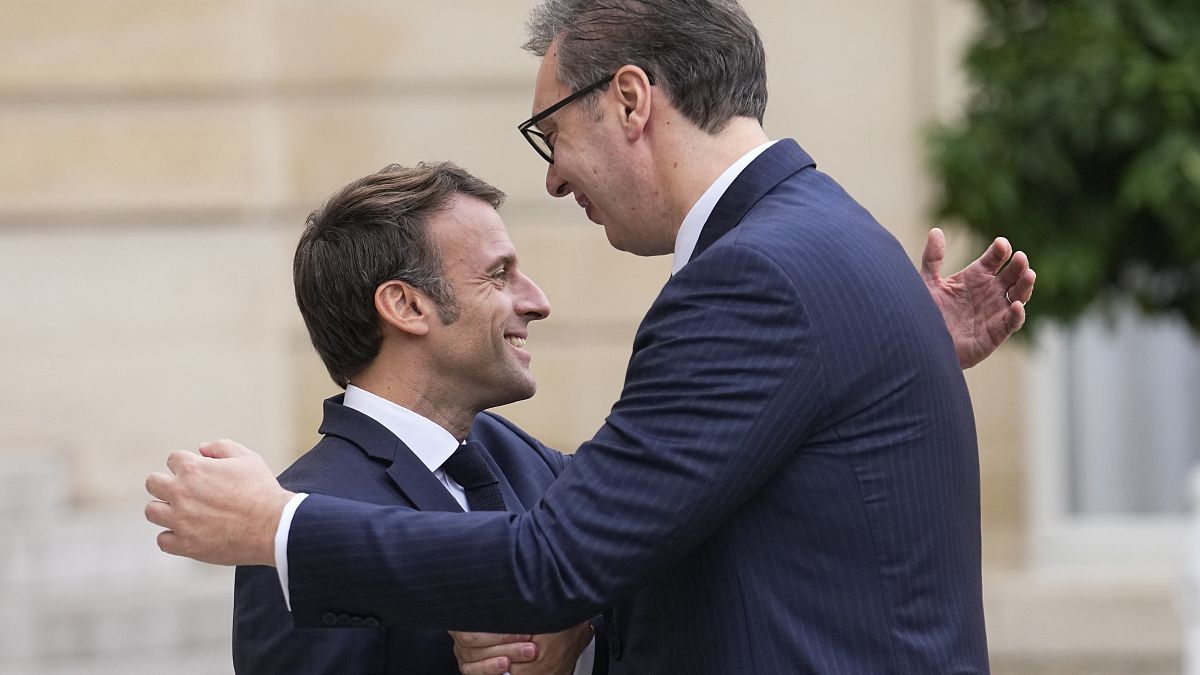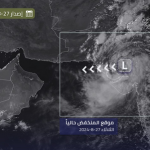French President Emmanuel Macron is set to visit Belgrade to discuss economic issues, defence, energy, and artificial intelligence with his Serbian counterpart, Aleksandar Vučić. One of the key topics on the agenda is the sale of 12 French-made Rafale fighter jets to Serbia, worth €3 billion. This move by Macron is seen as an attempt to strengthen bilateral relations and reduce Serbia’s dependency on Russian defence and security systems. However, experts believe that Serbia will continue to maintain good relations with Russia and China, as evidenced by recent visits by Chinese leader Xi Jinping and ongoing energy cooperation with Russia.
The thorny issue of Serbia’s accession to the EU will also be a major topic of discussion during Macron’s visit. Serbia’s path to EU membership hinges on the normalization of relations with Kosovo, which declared independence in 2008. Despite numerous attempts at dialogue and appeasement led by Brussels, progress has been slow. Macron has appeared to support Serbia on this issue, condemning unilateral actions by Kosovar authorities that jeopardize normalization efforts. However, analysts are skeptical of Vučić’s willingness to move forward with EU integration, noting limited progress in areas such as the rule of law, corruption, and freedom of expression.
While Serbia officially remains committed to EU accession, experts believe that Vučić’s government is more focused on economic benefits rather than the values of EU integration. Critics have likened Vučić to Hungarian Prime Minister Viktor Orban, who has faced criticism for backsliding on democratic principles. By failing to address issues such as political repression and media censorship, Serbia risks jeopardizing its EU aspirations. The European Parliament has accused Hungary of violations in areas such as the rule of law, corruption, and LGBTQ+ rights, prompting concerns about Serbia’s path to EU membership.
Despite efforts to bring Serbia closer to the EU through economic incentives, experts warn that the country’s close ties with Russia and China could complicate its integration into the European bloc. Serbia’s strategic position as an energy hub and its opposition to Kosovo’s independence have solidified its relationship with Russia, while Chinese investments in sectors such as mining and manufacturing have further strengthened ties between Belgrade and Beijing. As Macron seeks to strengthen ties with Serbia during his visit, it remains to be seen whether Vučić’s government will prioritize EU integration over its relationships with Russia and China.
Overall, Macron’s visit to Belgrade highlights the complexities of Serbia’s foreign policy and its delicate balancing act between the EU, Russia, and China. While efforts are being made to strengthen bilateral relations and advance Serbia’s EU integration, challenges persist in areas such as the normalization of relations with Kosovo and the rule of law. As Macron engages in discussions with Vučić on key issues such as defense and energy cooperation, the outcome of the visit could have far-reaching implications for Serbia’s future relations with both the EU and its Eastern partners.











